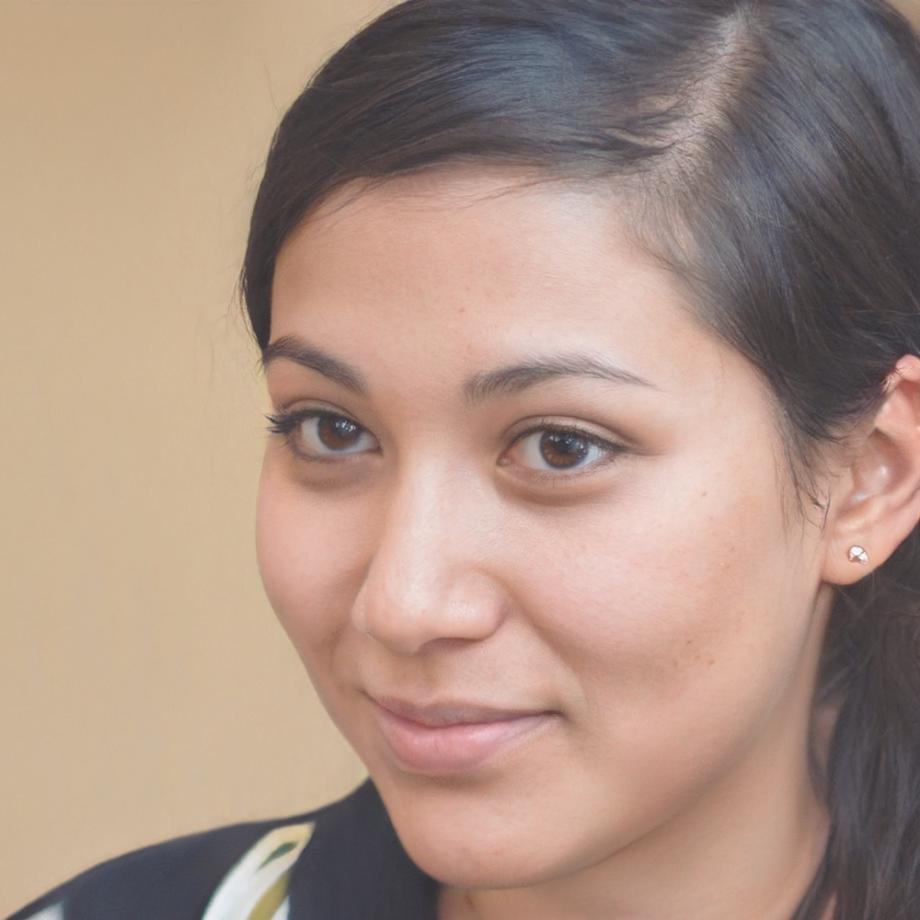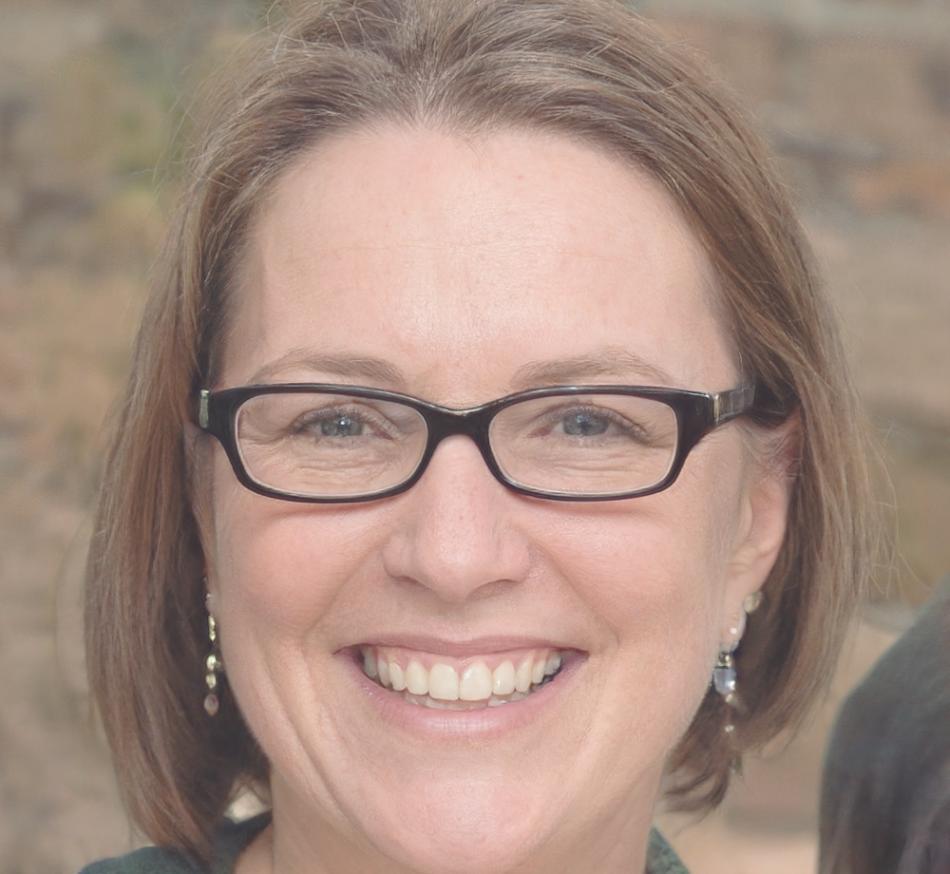Finding Your Path
Different backgrounds need different approaches. We've structured our programs around common scenarios we see from people joining collaborative development.
Coming from a bootcamp or self-study?
You probably know syntax but haven't worked on a codebase with others. Our mentored projects focus on Git workflows, code reviews, and the kind of communication that happens in dev teams. You'll spend time reading existing code before writing new features—that's how real work goes.
Switching from another tech field?
You understand technical concepts but need to translate that into development skills. We match you with projects that use your existing knowledge—support engineers often work on internal tools, designers on component libraries. You're not starting from zero, and we don't treat you like you are.
Returning after time away?
The fundamentals haven't changed much, but tooling has evolved. We help you catch up on current practices without retreading what you already know. Most returning developers need a few months working on modern stacks before they feel current again. That's normal.



How the Program Actually Works
We've tried different formats over the years. What works best is mixing structured learning with actual project time. Here's what that looks like in practice.
Weekly Project Work
You're assigned to a real project with 2-3 other participants. Could be building an API, refactoring a legacy system, or adding features to an existing application. You commit code at least three times per week and get feedback from your mentor within 24 hours.
Technical Sessions
Two live sessions each week covering specific topics—testing strategies, database design, deployment processes. These aren't lectures. We work through problems together, often debugging actual issues from your projects. Sessions run Tuesday and Thursday evenings, New Zealand time.
Code Review Cycles
Every pull request gets reviewed by both a mentor and another participant. You'll also review others' code—that's where a lot of learning happens. We use the same tools and processes you'll encounter in development teams, because practicing on fake workflows doesn't prepare you for real ones.
Flexible Timeline
Most people complete the program in 4-6 months, committing around 15 hours weekly. If you need to slow down for work or life reasons, that's fine. We've had participants take up to a year. The goal is learning properly, not rushing through checkboxes.
Who You'll Work With
Our mentors are working developers who volunteer time because they remember what starting out felt like. No professional instructors—just people who write code daily and can show you how it's done.

Caragh Lindstrom
Backend Specialist
Spent eight years building APIs for fintech companies. Currently works on distributed systems. Good at explaining database concepts and helping people understand when to optimize and when not to worry about it yet.

Briony Westfield
Frontend Focus
Started as a designer, learned development to implement her own work. Now leads a frontend team. Helps people think about user experience while writing maintainable component code. Patient with CSS questions.

Elowen Pritchard
Full Stack Development
Works on small team building SaaS products. Handles everything from database to deployment. Good at showing how frontend and backend decisions affect each other. Straight-talker who'll tell you when you're overthinking things.
Next intake starts September 2025
Applications open in June. We take about 20 participants per cohort—small enough that everyone gets proper attention. If you're interested, get in touch and we can talk through whether this matches what you're looking for.
Discuss Your Situation